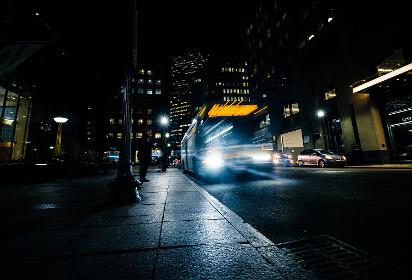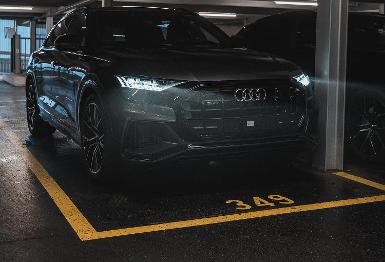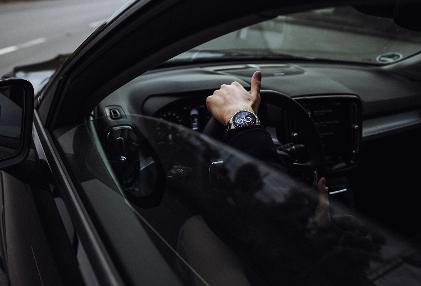




Common to these services is that they are based on SHARE - either you share space in a car, bus, train or you share the vehicle itself - the car, the bike, the electric scooter, etc. These services can be provided by both public and private actors and the very basic idea for all parties is to increase resource utilization and thereby reduce the cost of accessible mobility and reduce the consumption of earth's resources.
Public transport is the backbone for sustainable travel and functioning MaaS. Public transport is shared both because it is in many cases collectively financed and because the resources - the bus, the train, the boat, the car - are shared collectively. Public transport can be completely commercial (MTRX, Arlanda Express, VY) but the large volumes in the Nordicsare financed by public transport authorities (SL, Ruter, Moovia, HSL) where private operators carry out the traffic itself (Nobina, Keolis, SJ, MTR, SveaTaxi).


Car sharing is about giving users access to a car. It can be a rental car (Hertz, Avis, OKQ8), a pool car with fixed stations (Volvo On-demand, Moveabout), a pool car with floating stations (Aimo), a benefit car shared between employees or a neighbor's car that customers rent for a shorter period ( SnapCar, GoMore, Nabobil). The boundaries are fluid and we see more and more combinations of solutions.
Ride Pooling refers to all services in which two or more customers share a ride if they are going to the same place or in the same direction. There are many non-commercial options such as Skjutsgruppen and Facebook, but also options where the technical platform is provided by a commercial actor, e.g. GoMore. Most ride pooling is probably handled directly between individuals without the involvement of specialized platforms (e.g. joint commuting of colleagues).


All On Demand solutions have in common that the vehicle only performs a trip if there's a customer's demand for it. In most cases such services operate door-to-door, i.e. independently of fixed stop locations. Both commercial and publicly provided taxis are on-demand but also Transport Network Companies (TNC) such as Uber and Lyft provide an on-demand service. When focusing on the individual user's experience, as it provides the same level of flexibility but without the hassle of parking , but using such services to replace private cars on a large scale would not be sustainable as the overallamount of vehicle kilometers would increase dramatically due to vehicles driving empty between customer trips.
By micromobility we mean a group of modes of transport that include light vehicles such as bicycles, electric bicycles, electric scooters, small electric cars (pods). These are often used to travel short distances within a city and are usually offered as a service. Many cities have literally exploded in recent years with new, innovative and easily accessible services. But opinions differ on whether this is good or bad, and legislation and policies have not caught up with the development.

© Copyright Mobilityservice.se